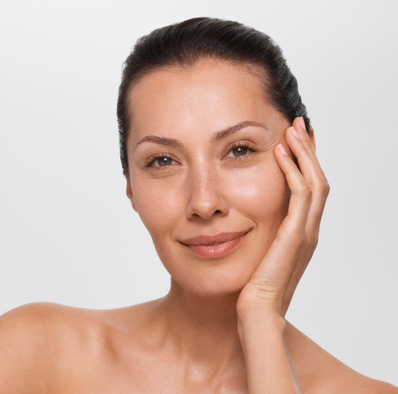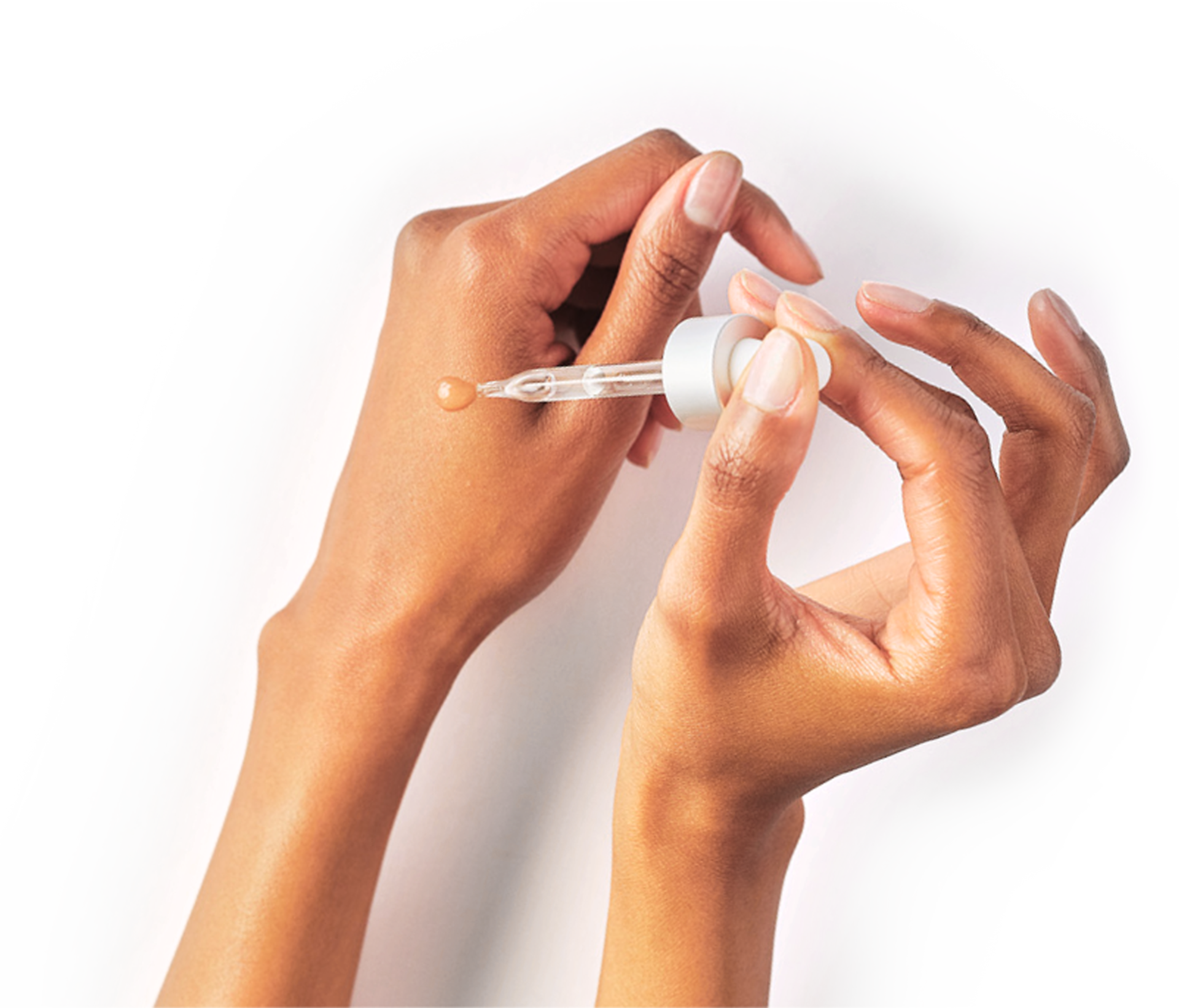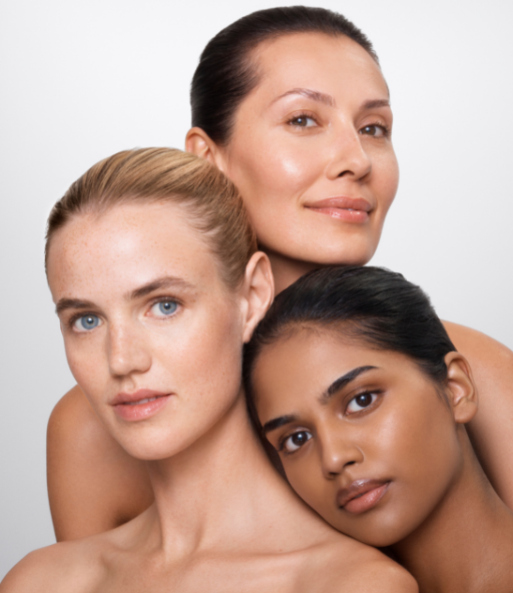Have you started to notice fine lines and wrinkles appearing around your eye area, forehead or lips? Skin changing with age is inevitable, but at Skin Theøry we’re here to slow down the visible signs of aging. Together we will help to reactivate your skin, renew your radiance and bring back your glow. Love your age and love your skin!
Let’s start from the beginning, what is aging skin?
Aging is a combination of physiological changes in our bodies and the effects of environmental factors such as sun damage, pollution exposure, and smoking that our bodies are exposed to over time. While the former is often beyond our control, some environmental factors are modifiable and we can slow down their effects.
What happens to our skin as we grow older?
Our skin’s elasticity, which is the skin’s ability to stretch and snap back to its original shape, slowly decreases overtime as we age.
What does collagen have to do with it?
Collagen is a type of protein found in the body’s tissues such as bones and skin. It helps to bind layers of the skin together such as the epidermis and dermis. As we age we lose collagen and this causes separation between the layers of skin, resulting in skin appearing to sag and wrinkle. Our faces also lose fat deposits in the aging process and without fat stores to fill out the skin on the face, the skin naturally begins to fall.
In addition to losing collagen, skin also starts to lose elastin, another protein which provides skin with the ability to stretch and snap back. Elastin is found in the connective tissue of the skin’s dermis layer. Loss of skin elasticity, also known as elastosis, is a natural part of the aging process. Environmental and lifestyle causes can worsen and accelerate elastosis. While it’s inevitable that your skin will become less elastic as you get older, there are ways you can slow the process.
Genetics
Recent studies show your DNA likely plays a key role in your makeup, literally as glowing skin comes from good genes for some. According to the team at popular science, genetics are largely responsible for your skin type, skin conditions, and, to some extent, even wrinkles. But even so, there are still many things you can do for your skin to help prolong visible signs of aging. It’s also important to remember that even if you win the genetic lottery, environmental factors like sun damage can affect how your skin looks and how your genes function—ultimately influencing how your skin’s overall health and appearance.
Poor Skincare
Poor skincare habits can be a key factor in the loss of skin elasticity. Okay, we all might forget to wash our face once in a while, or sleep in our makeup and leave some other products on our skin overnight, but do it every night and your pores will become clogged. This can lead to breakouts and a buildup of oil. It’s best to wash your face once or twice daily, depending on how oily your skin is. Washing more than twice per day can strip your skin of its natural oils and moisture, making wrinkles and fine lines more noticeable.
ANTI-AGING SKINCARE
Alongside implementing healthy lifestyle changes like getting 7- 9 hours sleep, eating antioxidant-filled foods and drinking more water, a solid skincare routine should be your next line of defense. Firstly an SPF will be the most important tool in your routine when it comes to fighting the signs of aging. When it comes to anti-aging, a few proven ingredients reign supreme: Retinol, Hyaluronic Acid and Vitamins A & C are all proven to help reverse the signs of aging. Powered by these innovative ingredients, we’ve handpicked some of our anti-aging superstars that are designed to reactivate aging skin, restore youthful complexion and your glow.




